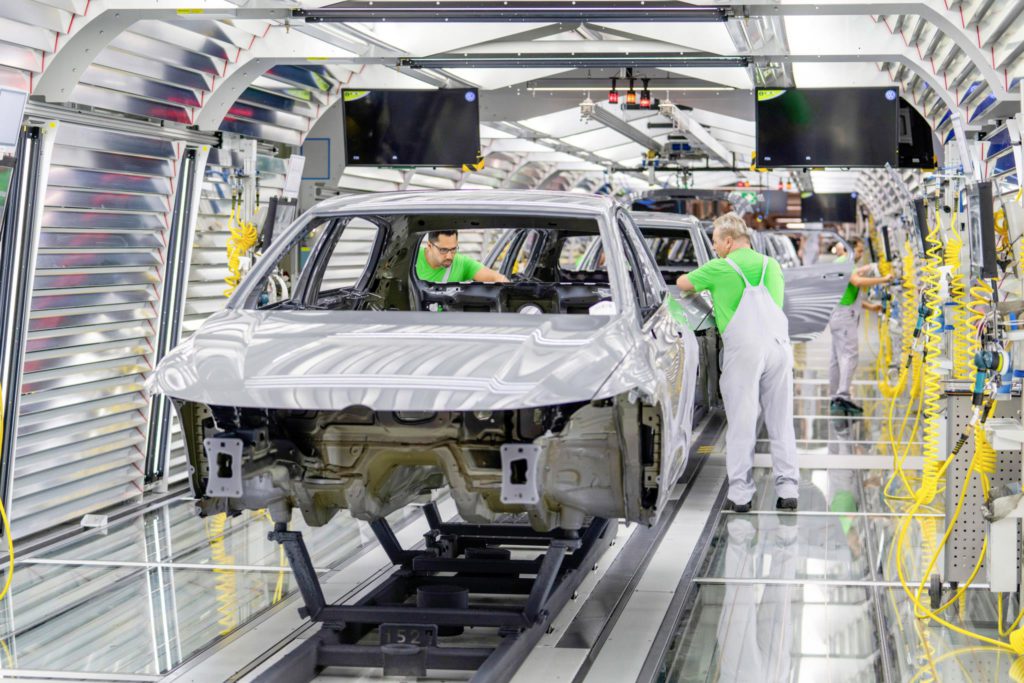Associations look to help restart automotive production in Europe
16 April 2020

16 April 2020
As Europe starts to plan for a time beyond coronavirus (COVID-19) lockdowns, two automotive associations have adopted a ′code of business conduct‘ to support a quick and smooth restart of vehicle and parts production.
The European Association of Automotive Suppliers (CLEPA) and the European Automobile Manufacturers Association (ACEA) have published several guidelines, covering everything from worker safety to competition rules. The hope is that members will use these to help get their facilities running as quickly and efficiently as possible.
The automotive eco-system resembles intricate clockwork, according to the organisations, and the current unprecedented standstill of operations risks doing a lot of damage to the industry. A successful exit from the COVID-19 crisis will require timely sharing of critical and appropriate information, making sure that all players in the value chain can plan and act as effectively as possible.
Safety first
′While the safety and wellbeing of our communities’ remain first priority, a well-coordinated and timely restart of the sector is of utmost importance to mitigate the impact of the COVID-19 crisis for society. The joint automotive industry code of conduct will make a real difference in this process,’ said Sigrid de Vries, secretary general of CLEPA.
′We are committed to emerging from the crisis even stronger, and all partners in the value chain have a shared responsibility in sustainably managing the industry re-launch. The code of business conduct gives manufacturers and suppliers essential guidance on the approach needed to overcome the COVID-19 crisis,’ said Eric-Mark Huitema, director general of ACEA.
Critical conduct
The three-page document produced by ACEA and CLEPA discusses member responsibilities when it comes to worker safety, highlighting a need for clear communication channels between businesses and their employees, as well as a need to share best health and safety practices across the supply chain. There also needs to be openness about achievable capacities in production plants and information surrounding downtime, which will help to avoid an unnecessary ′burning of cash.’
The code also highlights that despite talk of greater cooperation in the industry, it is up to companies to ensure they work within the various European competition laws, limiting information to those within the same value chain, unless necessary. In this instance, which the code labels as a ′temporary exchange of information’, businesses must comply with relevant European law.
A total of 13.8 million Europeans work in the automotive industry. As a consequence of the COVID-19 pandemic, more than 1.1 million automotive manufacturer employees are on temporary leave, with a multitude of colleagues affected in the supply chain as well as dealerships. The loss of revenue is estimated to run into double-digit percentages and uncertainty remains high as to how quickly the sector can recover. Industry, in close coordination with public authorities, is seeking to slowly restart manufacturing in the next few weeks.